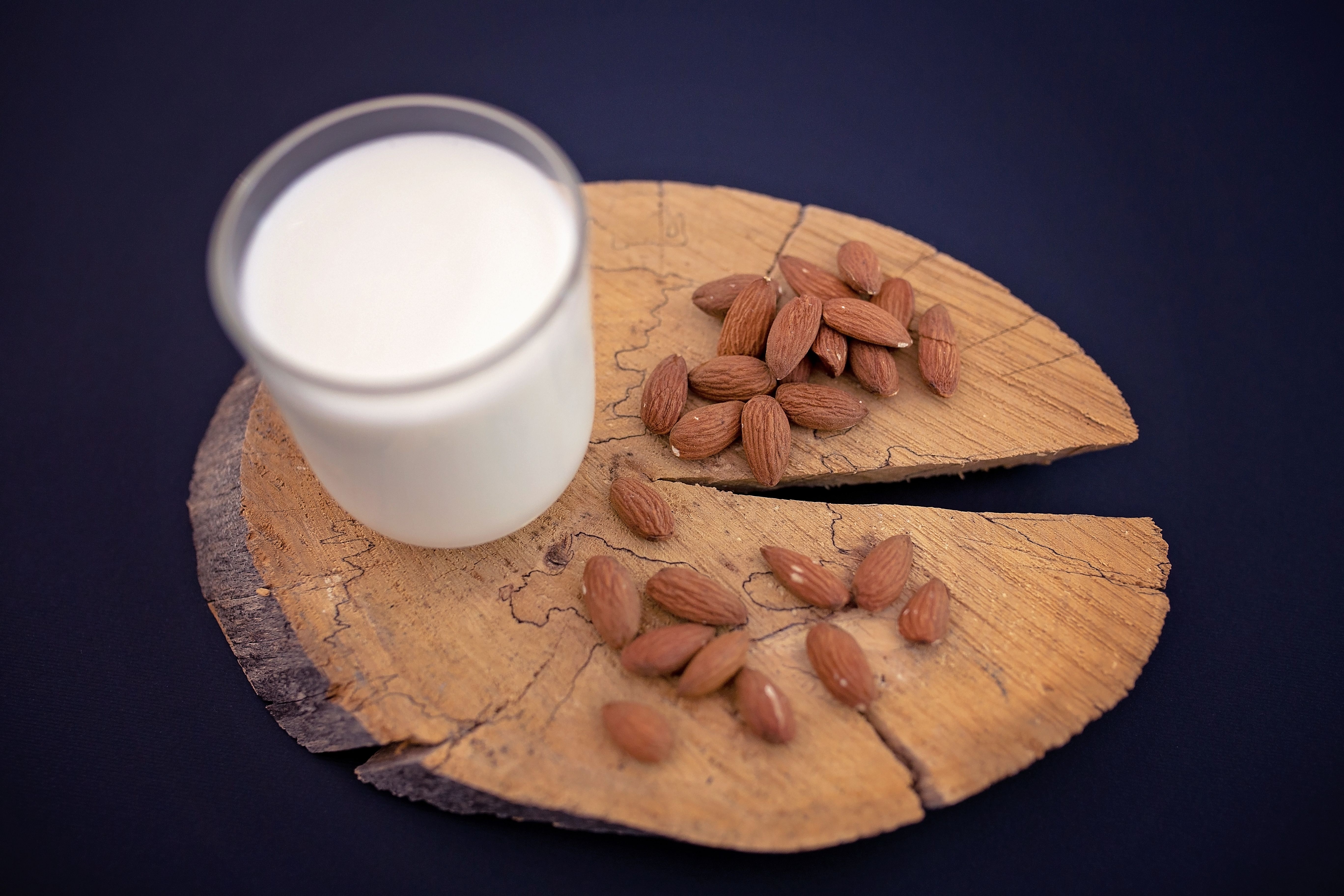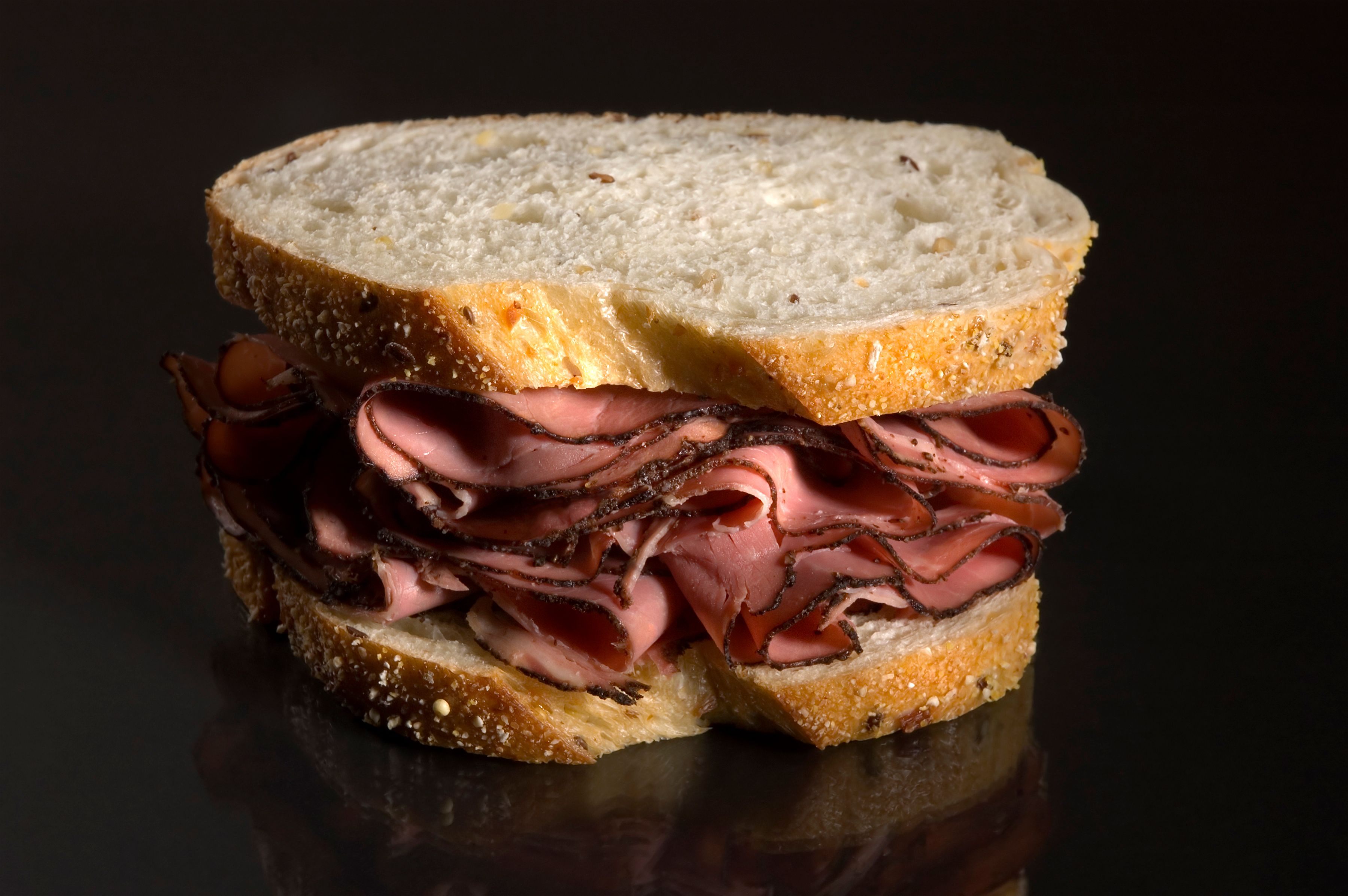28 High Protein Foods to Fuel Your Muscle-Building Journey
Understanding the Importance of Protein
Embarking on a muscle-building journey requires dedication in both your workout routine and diet. One of the most crucial elements of your diet should be protein, as it plays a vital role in repairing and building muscle tissues. Consuming an adequate amount of high-protein foods can enhance your strength and muscle growth, making it essential to know which foods are the best sources.

Animal-Based High-Protein Foods
Animal-based protein sources are some of the most efficient ways to fuel your muscles. They contain all the essential amino acids needed for muscle repair and growth.
Lean Meats
Lean meats like chicken breast, turkey, and lean beef are excellent choices. They provide high protein content with minimal fat, making them ideal for those looking to build muscle without adding unnecessary weight.
- Chicken Breast: A staple in many diets, offering around 31 grams of protein per 100 grams.
- Turkey: Offers a similar protein content to chicken, with a slightly different flavor profile.
- Lean Beef: Packed with iron and zinc alongside its rich protein content.

Seafood
Seafood is another fantastic source of protein. Fish like salmon and tuna are not only high in protein but also provide heart-healthy omega-3 fatty acids.
- Salmon: Contains about 25 grams of protein per 100 grams, along with healthy fats.
- Tuna: Offers approximately 30 grams of protein per 100 grams, making it a powerhouse protein source.
Plant-Based High-Protein Foods
For those following a plant-based diet, there are numerous high-protein options available. Plant-based proteins can be just as effective in supporting muscle growth when consumed in adequate amounts.

Legumes and Beans
Legumes and beans are excellent sources of plant-based protein. They also provide essential nutrients like fiber and iron.
- Lentils: Offer about 9 grams of protein per 100 grams, along with a healthy dose of fiber.
- Chickpeas: Contain approximately 19 grams of protein per cup cooked.
Nuts and Seeds
Nuts and seeds offer not only protein but also healthy fats that support overall health. They can be easily added to meals or enjoyed as snacks.
- Almonds: Provide around 6 grams of protein per ounce, along with vitamin E and magnesium.
- Pumpkin Seeds: Contain about 7 grams of protein per ounce, making them a crunchy addition to salads or yogurt.

Dairy and Alternatives
Dairy products and their alternatives can also be significant sources of protein. They provide calcium and other important nutrients crucial for bone health and muscle function.
Dairy Products
Dairy products like milk, cheese, and yogurt are rich in protein and versatile in their use. Greek yogurt, in particular, is a favorite among fitness enthusiasts for its high protein content.
- Greek Yogurt: Contains about 10 grams of protein per 100 grams.
- Cottage Cheese: Offers around 11 grams of protein per 100 grams and is often used in savory or sweet dishes.
Dairy Alternatives
For those who are lactose intolerant or prefer plant-based options, there are many fortified alternatives available that provide similar nutritional benefits.
- Soy Milk: Offers about 7 grams of protein per cup, making it one of the most protein-rich plant-based milks.

The Role of Protein Supplements
While whole foods should be the primary source of nutrients, protein supplements like whey or plant-based powders can be a convenient way to meet your daily protein requirements. These supplements can be easily integrated into smoothies or meals for an additional protein boost.
In conclusion, incorporating a variety of high-protein foods into your diet is essential for anyone looking to build muscle effectively. Whether you prefer animal-based or plant-based options, there is an abundance of foods that can help you reach your fitness goals. Remember, a balanced diet combined with regular exercise is key to achieving the best results on your muscle-building journey.
